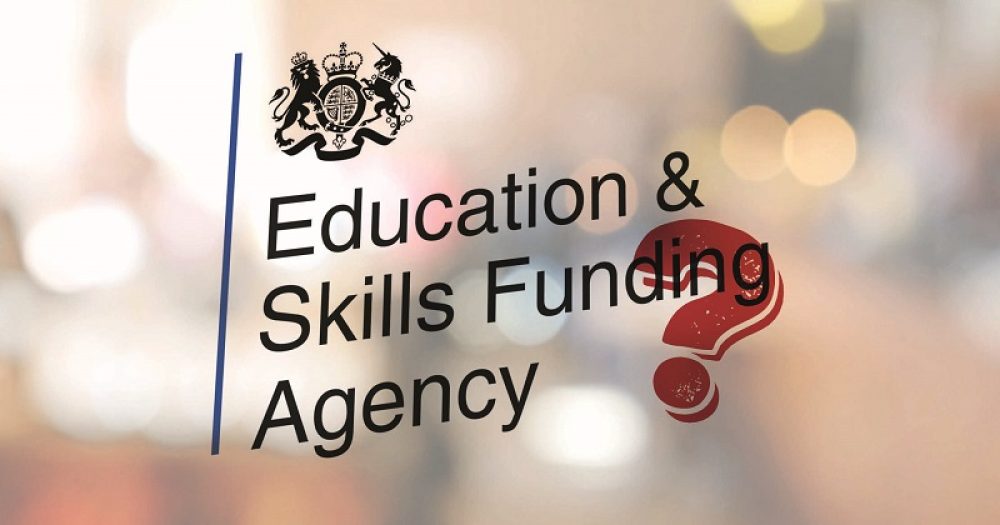An end-point assessment organisation claims that the Education and Skills Funding Agency will allow it to subcontract apprenticeship exams – even though the agency is in the middle of a significant crackdown on similar arrangements.
SSL Assessment Services Partnerships is currently approved to deliver EPA for the level three team leader standard, and is listed on the register of apprentice assessment organisations.
The arrangement involves two separate entities – SSL working as a consultancy, responsible for quality and process, and a training provider looking after occupational competence.
And while the bulk of any fee is to go to the training provider for carrying out the actual assessment, SSL intends to retain a portion of it for its services.
Nigel Sweeney, the firm’s managing director, accepted that “perhaps this is subcontracting in its broadest sense”, but said he preferred the term “partnership”.
“We are a partnership in which the lead partner [SSL] has the ability to pick the very best occupational lead partner for each specific standard,” he insisted.
He added that the “occupational lead partner is a partner in their own right”.
The ESFA, which manages the AAO register, has been hammering subcontracting arrangements like this amid widespread concerns over abuses of the system.
Providers can no longer subcontract whole apprenticeship frameworks or standards, after numerous lead organisations were caught charging massive “topslice” fees.
And, as of August 1, subcontracting of advanced learner loan provision will also be banned, with only lead providers allowed to deliver these courses in the future.
Despite this, Mr Sweeney told FE Week what he was doing was “fair” – and claimed it had been approved by the ESFA.
But FE Week has been unable to get confirmation on this fact.
A spokesperson for the Institute for Apprenticeships said it “abides by the register of apprentice assessment organisations, administered by the ESFA” and that it was up to each employer to decide “which of the registered organisations they contract to deliver the end-point assessment”.
But when we asked the ESFA if such a model was allowed, we were directed back to the IfA’s comment – even though it clearly indicates that responsibility for enforcing the rules lies with the ESFA.
However, during a webinar in January for the Future Apprenticeships programme, run by the Association of Employment and Learning Providers and funded by the Education and Training Foundation, representatives from what was then the SFA hinted that there would be a new models for EPA coming through – including partnerships.
Janet Ryland, of the funding and programmes division, said the agency was not “prescribing the type of models or consortia”, while her colleague Richard Mole said they needed to be “clear about who’s responsible, where the conflicts of interest lie and how those will be managed”.
Mr Sweeney said that he and the training provider partner were working together to develop the assessment materials, with the training provider bringing the “occupational competence” and his own company providing “policy and process” and quality assurance.
The training provider will carry out the assessment, but the final decision on whether an apprentice passes will rest with SSL.
The “lion’s share” of the fee is to go to the provider, but a portion would be retained by SSL for “admin, engaging with the employer” and handling “quality issues”, Mr Sweeney said.
Currently SSL is partnered with White Rose Training to deliver final exams for the team leader standard, but Mr Sweeney said he wants to engage other providers to deliver assessments for other standards, and would be applying for recognition by Ofqual.
An Ofqual spokesperson confirmed that SSLASP was not yet recognised by the qualifications regulator.








Your thoughts